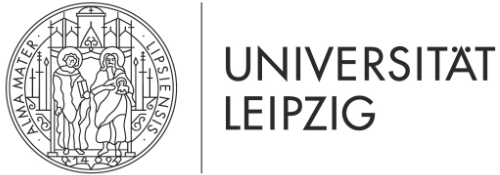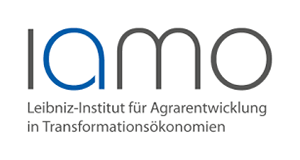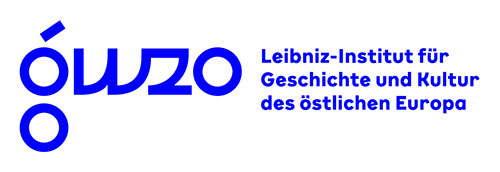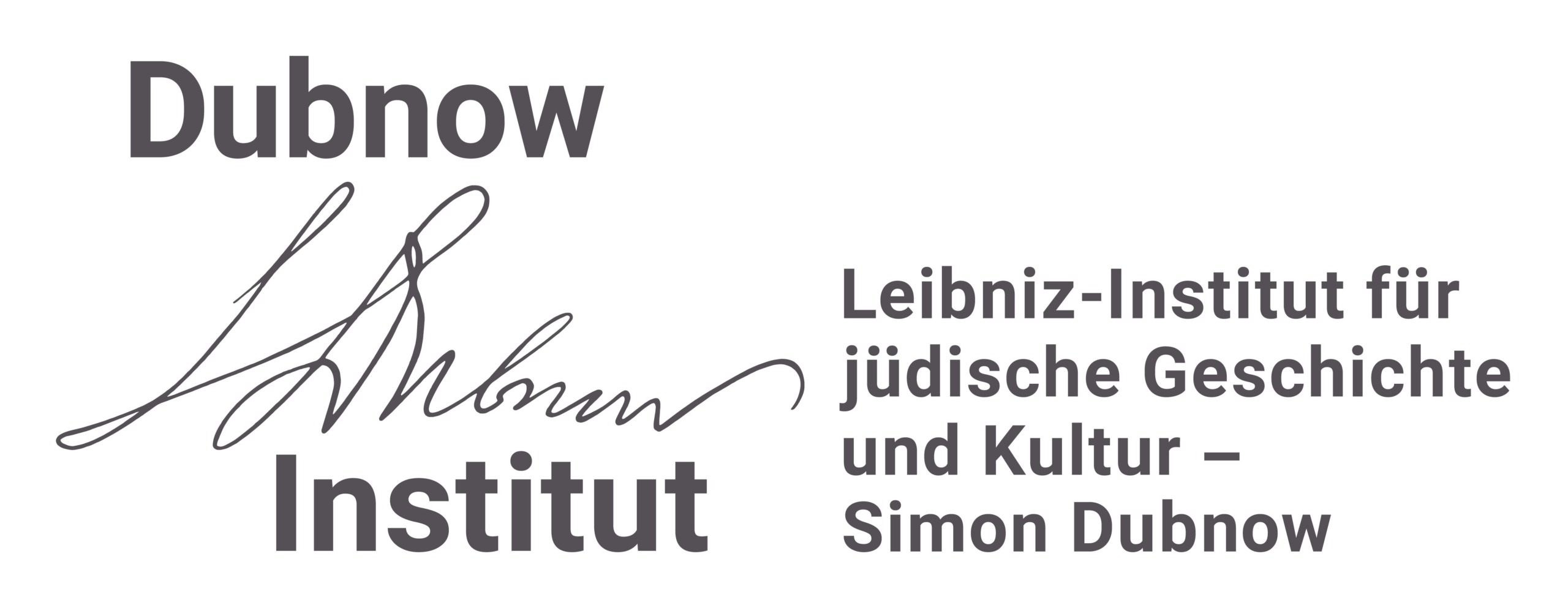Simon Behnisch
About myself and my Project: „Transition of law in partitioned Poland in 19th century. Its influence on building of the Second Polish Republic’s legal system“.
I graduated in 2015 with my Bachelor in history and philosophy at Humboldt University (Berlin). During my Bachelor I spent one year at Warsaw University and found my research interest on the history of Poland from the Early modern period till the 20th century. In addition I tried to broaden my focus on Eastern Europe and started to learn Russian and attended courses on Russia’s history. Regarding my research interests I came for the Master in history and interdisciplinary polish studies to Martin Luther University. I graduate there in September 2017 with my master thesis about the city Elbing and its relation to the Polish-Lithuanian Commonwealth at the beginning of the 18th century.
During my stay at EEGA I will sharpen my PhD proposal on history of law in Poland from the 19th until the 20th century. In my PhD project I would like to examine the aspect of law and justice in the case of the three partitioned parts of Poland in the 19th century. In particular, I want to ask the following questions: How did Polish elites in the three parts take part in building new systems of law and justice? Did they try to transfer parts of the Polish-Lithuanian Commonwealth’s law codes and conceptions of justice to the new legal systems or did they tend to subordinate their imaginations to the imperial orders? I do understand law and justice with an legal anthropology perspective and not exclusively as normative law. As such the project focuses on the way legal texts, conceptions of justice and unwritten legal norms were communicated, negotiated and discussed among Polish elites during the time of partition.
I want to refer back to the first half of the 20th century and ask how these elites then applied and utilized the knowledge and expertise of legal systems accumulated through generations during time of the Poland’s partition in the context of the early ‚Second Polish Republic‘. Of particular interest therein is the fact that the three partitioned regions had not only been part of different legal orders, but as well of different cultures of legal systems. I therefore see the potential contribution of this project in a new perspective on the Polish elite’s role in the 19th century and the state building process of Poland in 1918.
Video Interview with Miriam Meir and Simon Behnisch:
#1 – Please present yourself and your research project
#2 – How did you get to know EEGA ScienceCampus?
#3 – What are the links between your research project and EEGA ScienceCampus?
#4 – The benefit of EEGA ScienceCampus to me is…








